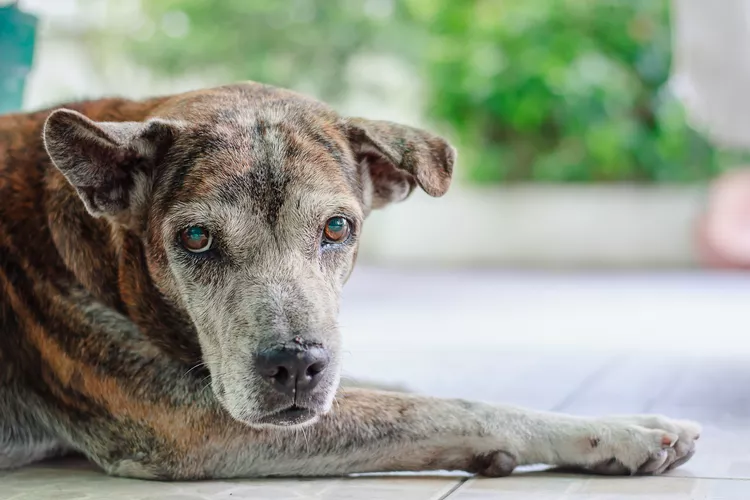
Older dogs of both sexes can struggle with incontinence, which is the inability to control the elimination of urine and/or stool. Common causes of incontinence in senior dogs include urinary tract infections, kidney disease, arthritis, and dementia.
Supplements and medications can help treat incontinence in dogs, though if there is a root health issue causing it you can certainly treat that. Learn the causes of incontinence in older dogs and strategies for dealing with it.
Incontinence is the inability to fully control the bladder and/or bowels. A dog that looks at you and squats to eliminate is probably not incontinent. When a dog is truly incontinent, urination and/or defecation can happen without the dog realizing it until it's too late. This can make the dog feel shame and even worry about being disciplined. True incontinence is not your dog's fault. Common findings in incontinent dogs include:
In the early stages of incontinence, it may just seem like your dog cannot hold it. It's a good idea to start letting your older dog out to go potty more often than usual.
If your older dog begins to have accidents in the house, try first to determine the cause. Is your dog knowingly peeing or pooping in the house? This could be related to a medical condition or a behavior problem.
The first thing to rule out is a health issue. Contact your vet for a checkup. Senior dogs should see the vet more often than younger dogs; twice per year exams are often recommended. Your vet will probably want to test your dog's urine and blood.
The most common health-related cause of urinary accidents is a urinary tract infection. If this is the cause, your vet will put your dog on antibiotics. Urinary issues can also result from bladder stones or tumors. These might require surgery.
Urinary tract infections and other urinary issues may be related to kidney disease, especially in older dogs. Kidney disease causes the body to drink more water and urinate more. All of this can be difficult for a senior dog to handle, causing inappropriate urination.
GI problems can cause diarrhea and other stool issues that can look like incontinence. If your dog's stools seem abnormal, your vet might want to do X-rays or an ultrasound to look at the abdomen.
Problems with the spine can lead to nerve issues that cause incontinence. Dogs with intervertebral disc disease or traumatic spinal injuries can develop incontinence. Medical or surgical treatment may not fix the problem if the nerve damage is bad enough.
Arthritis is a common problem in older dogs that affects mobility. Your dog may be stiff and achy, making it difficult for him to get in the right position to urinate and/or defecate. He might be holding it because of this. Then, when he can't hold it any longer, he has an accident.
Problems in the brain can affect a dog's ability to control his bladder and/or bowels. This may be a brain tumor or infection that has damaged a part of the brain. Or, more commonly, it may be dementia. Also called canine cognitive dysfunction or senility, dementia causes a dog to lose his memory, have trouble concentrating or focusing, and experience personality changes. Dogs with dementia often become anxious and act disoriented. One of the earlier signs of dementia is "forgetting" training, such as house training.
There is no cure for dementia, but there are ways you can help your dog cope. There are also some medications and supplements that can ease symptoms and slow the progression of the disease.
Some dogs will benefit from medications and supplements for urinary incontinence. However, incontinence due to dementia cannot be treated the same way. If your dog is incontinent and there is no treatment to stop it, you can make some adjustments to improve your dog's quality of life and preserve your sanity.
It can be hard to deal with these issues as your dog ages, but your dog deserves to live out his golden years as comfortably as possible.
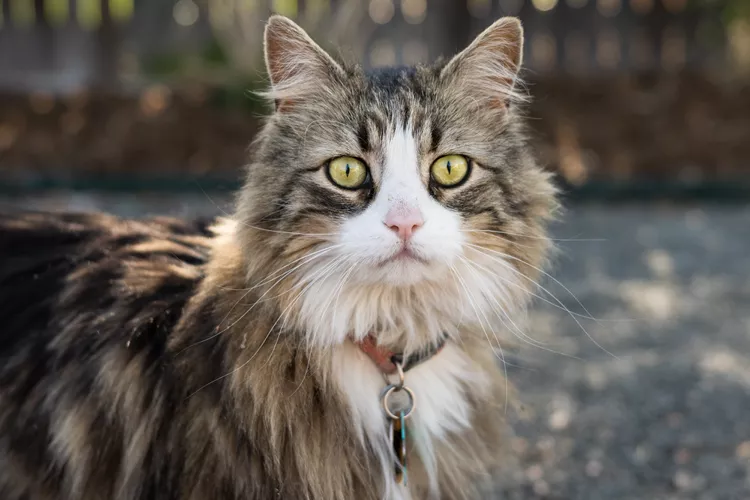
75 Unisex Cat Names
Our gender neutral cat names perfect for your feline friend, with a diverse selection of fun and inclusive options to fit your pet's disposition.
Why Does My Cat Stink?
Is your cat stinky? Find out about the causes of bad odors in cats and when it is something to be concerned about. Learn how to help your stinky cat.
Signs of Rabies in Cats
Rabies is a fatal and contagious virus that can affect cats. Learn about the signs of rabies in cats and what to do about them.
Can Cats Eat Dog Food?
Can cats eat dog food? In small amounts, it's unlikely to be a problem, but long-term feeding of dog food to cats can cause health issues and malnutrition.
Exploring the Different Types of Pet-Friendly Beaches
Are you looking for pet-friendly beaches? Learn about the different types of pet-friendly beaches, their locations, and tips for visiting them with your pet.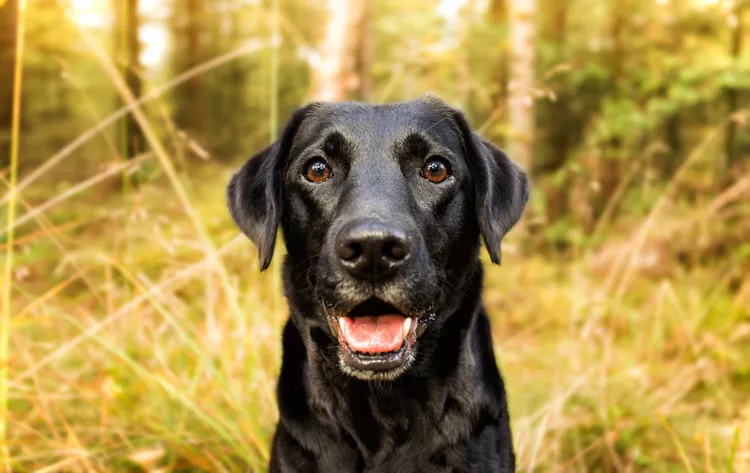
Pulled Muscles in Dogs
A pulled muscle is one of the most common injuries seen in dogs. What can you do if your dog pulls a muscle and how can you prevent it?
Fibrosarcoma in Cats
Fibrosarcomas are potentially fatal soft tissue tumors that can occur in cats. Learn the causes, treatment, and prevention.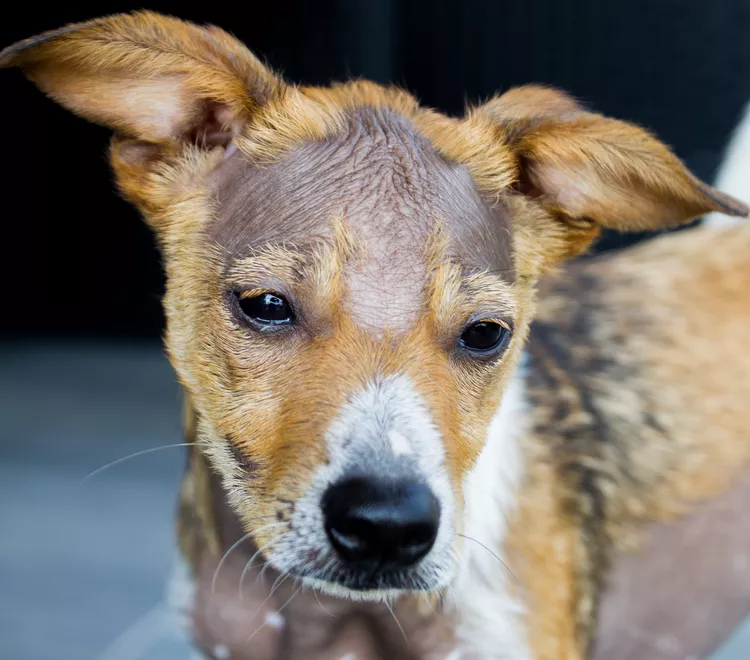
Alopecia in Dogs
Alopecia leads to hair loss and bald spots in dogs. Some breeds may be more at risk. Learn common causes, treatment, and prevention of dog alopecia.
Is Acetaminophen Safe for Dogs?
Acetaminophen is used by humans for pain and fever relief, but is it safe for dogs? Here's what you need to know before giving your dog acetaminophen.
Can Dogs Eat Almonds? Understanding the Risks and Guidelines
Can dogs eat almonds? While a couple likely won't hurt, it's best to avoid feeding your dog this nut. Learn the risks here.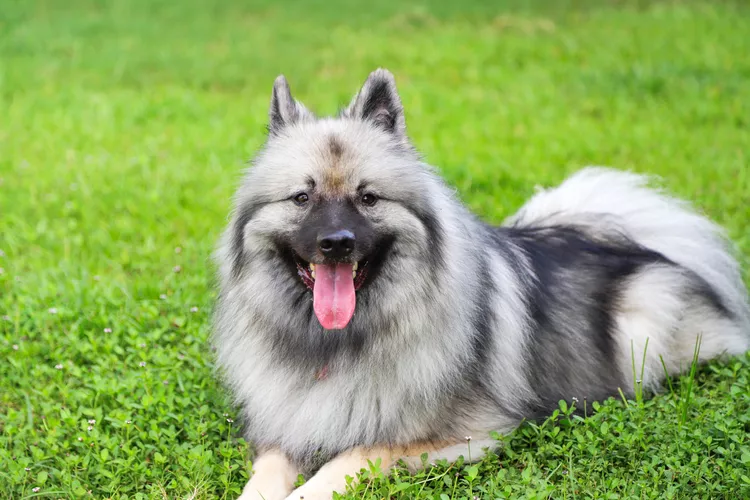
Keeshond: Dog Breed Characteristics & Care
Learn about the keeshond dog, also known as the Dutch Barge Dog. This fluffy spitz breed was bred to guard, but also makes a friendly companion.
Is Rosemary Safe for Dogs?
Rosemary is used both for cooking and as a supplement with many reported health benefits in people, so you may be wondering if it is safe to give to your dog. Rosemary is considered non-toxic for dogs but with some caveats.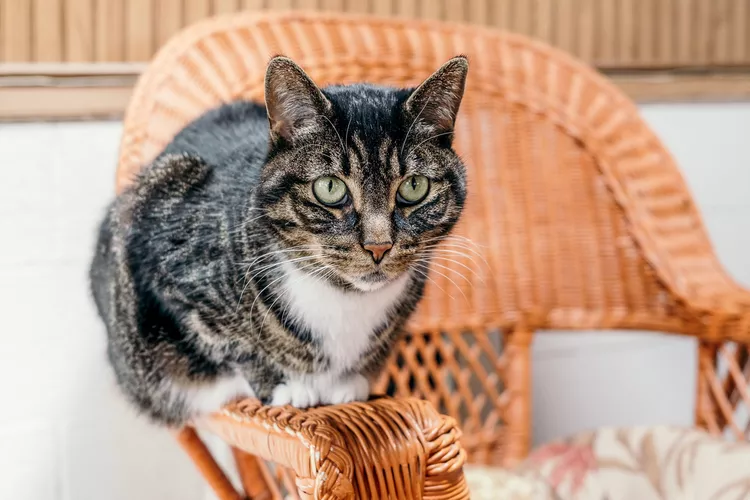
7 Hybrid Cats Breeds
Hybrid cat breeds can make appealing pets since they look more exotic than domestic house cats, but they aren't for everyone.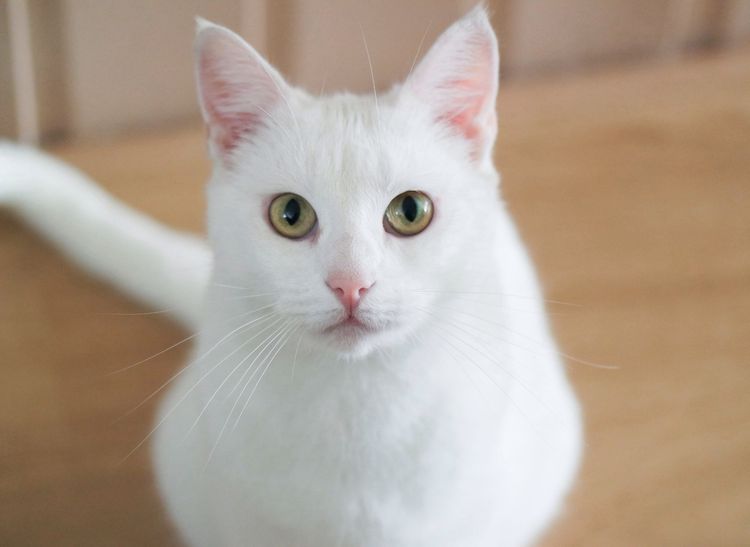
The Best White Cat Breeds to Keep as Pets
Several breeds can result in white cats with long or short hair. Find out the pros and cons of these white cat breeds.
11 Cute Pictures of Ragdoll Cats
Ragdoll cats are known for their beautiful coats and bright, blue eyes. Learn all about the breed, and check out some cute pictures here.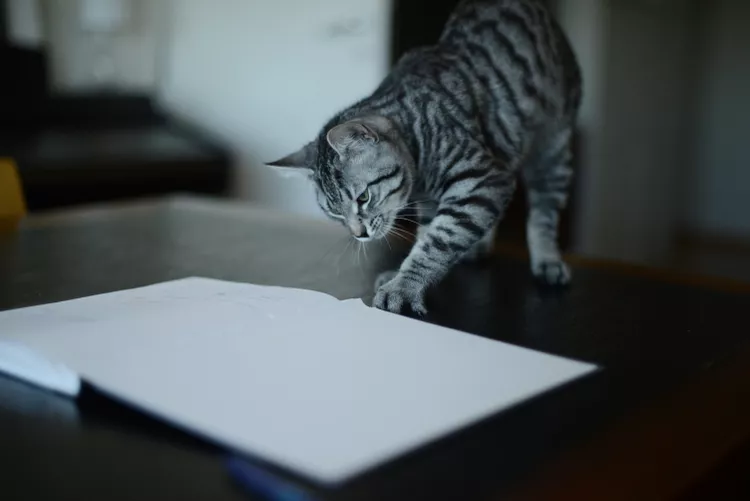
7 Reasons Why Your Cat Eats Paper, and How to Stop It
Is your cat eating paper? Learn why your cat is doing this, and find out how to put a stop to it.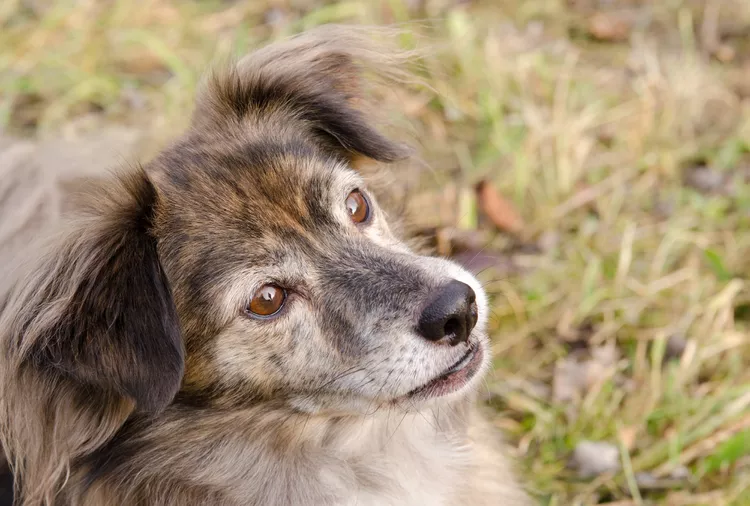
Feist: Dog Breed Characteristics & Care
Feists are small, short-haired dogs developed to hunt squirrels and catch vermin. These high-energy, affectionate pooches make great companion animals.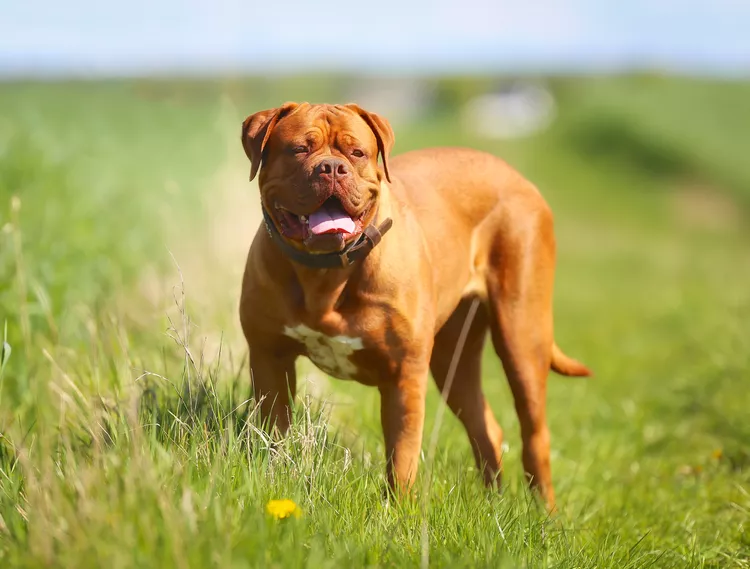
Dogue de Bordeaux (French Mastiff): Dog Breed Characteristics & Care
Learn about the Dogue de Bordeaux, also called the French mastiff. Although large and muscular, they’re known for their calm and gentle personality.
How to Stop Your Dog From Fearing Men
Many dogs have a phobia of men. Learn how to help your dog overcome its fear through desensitization and training while keeping everyone safe.
Why Dogs Eat Poop and How to Stop Them
Is your dog eating poop? Some dogs do this because of stress or illness. Learn how to prevent stool eating, or coprophagia, in dogs.